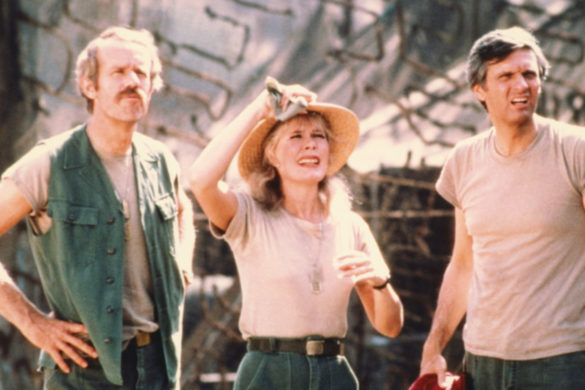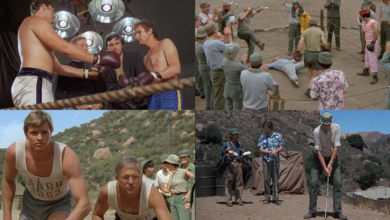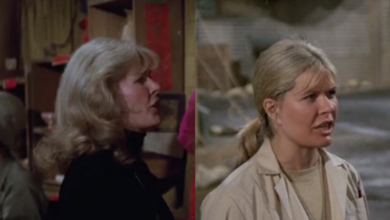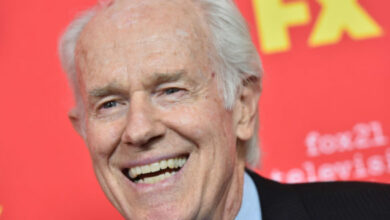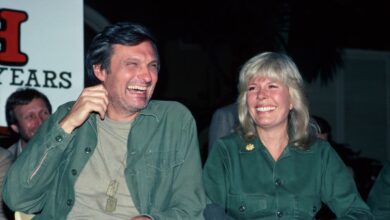‘M*A*S*H’: Behind the Fiery Public Battle Between the Writers and TV Execs
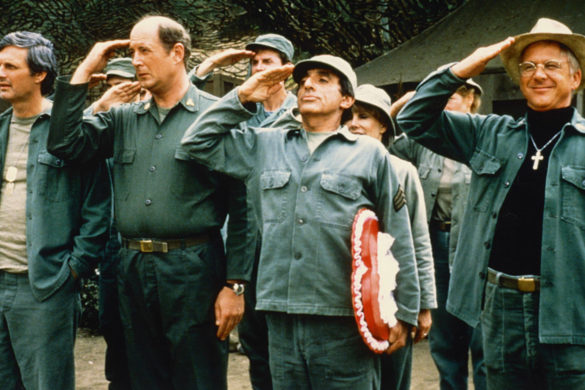
Back in the 1970s, TV was definitely hitting a high point in terms of viewers and content. Shows like “Happy Days,” “The Carol Burnett Show,” “All in the Family,” “WKRP in Cincinnati,” and “M*A*S*H,” amongst many others, dominated the interest and evenings of viewers all across the U.S.
While viewers could only see all the drama going on in the fictional universes of these shows, some had plenty of drama behind the scenes too.
‘M*A*S*H’ Drama Behind the Scenes
For example, “M*A*S*H” had a fairly public battle that went on between the writers of the show and the TV executives at ABC. According to MeTV, the creator of the show, Larry Gelbart, believed that ABC was not pushing the envelope like other networks were trying to do at the time.
Up until a certain point, this was all kept personal and quiet amongst the screenwriters. That is until there was a meeting at the Writers Guild headquarters in 1977.
The ABC Television president at the time, Fred Pierce, as well as the ABC Entertainment president, Fred Silverman, were on one side of the ring. On the other side was Gelbart and screenwriter Richard Powell.
Suddenly, pleasantries went out the window and the four started to throw out insults at each other. The insults scream the 1970s, too.
“Freddie Silverman is widely acclaimed as a programming genius. But I have a certain feeling in my heart that if I brought him Hamlet, he’d tell me to put a dog in it,” Powell said at the meeting.
From then on, it was a full-on onslaught of insults and personal jabs. Silverman’s immediate response was reminding Powell that his most recent TV idea was about “a talking monkey.” If you were around in 1977, you may remember reading about the entire “M*A*S*H” fiasco in The Chicago Tribune.
Variety in TV Programming at the Time
ABC, at the time, had plenty of very popular shows. This includes hits like “Charlie’s Angels,” “Three’s Company,” and “Happy Days.” While popular, people like Powell and Gelbart thought it was all too safe and was just a way to please broadcast audiences. It clearly did make audiences happy, seeing as ABC sat pretty at the top of the ratings at the time.
Pierce and Silverman argued that shows like “Roots” as well as “Washington: Behind Closed Doors” were examples of TV programs that pushed envelopes. Although, these were only miniseries.
While both have valid points, “M*A*S*H” would go on to showcase real attitudes at the time. Gelbart got the Humanitas Prizes to prove it. Meanwhile, Powell is known for creative writing on shows like “The Andy Griffith Show,” “M*A*S*H,” and “Hogan’s Heroes.”
He was very much an activist even beyond his scriptwriting. Alongside his wife, Alice, the two were always advocating for human rights. He earned the Morgan Cox Award, which is given to someone who has ideal service messages in their writing.
Even Silverman would get recognition for his TV-making skills. He was given the Women in Film Lucy Award due to his positive and modernized portrayal of women on TV.
The debate, although entertaining for audiences at the time, never really had a conclusion. Each side has a point and “M*A*S*H” would still go on to be a success. ABC continued to balance more dramatic, sometimes heavier programming with the lighthearted comedy audiences at the time gravitated toward.

